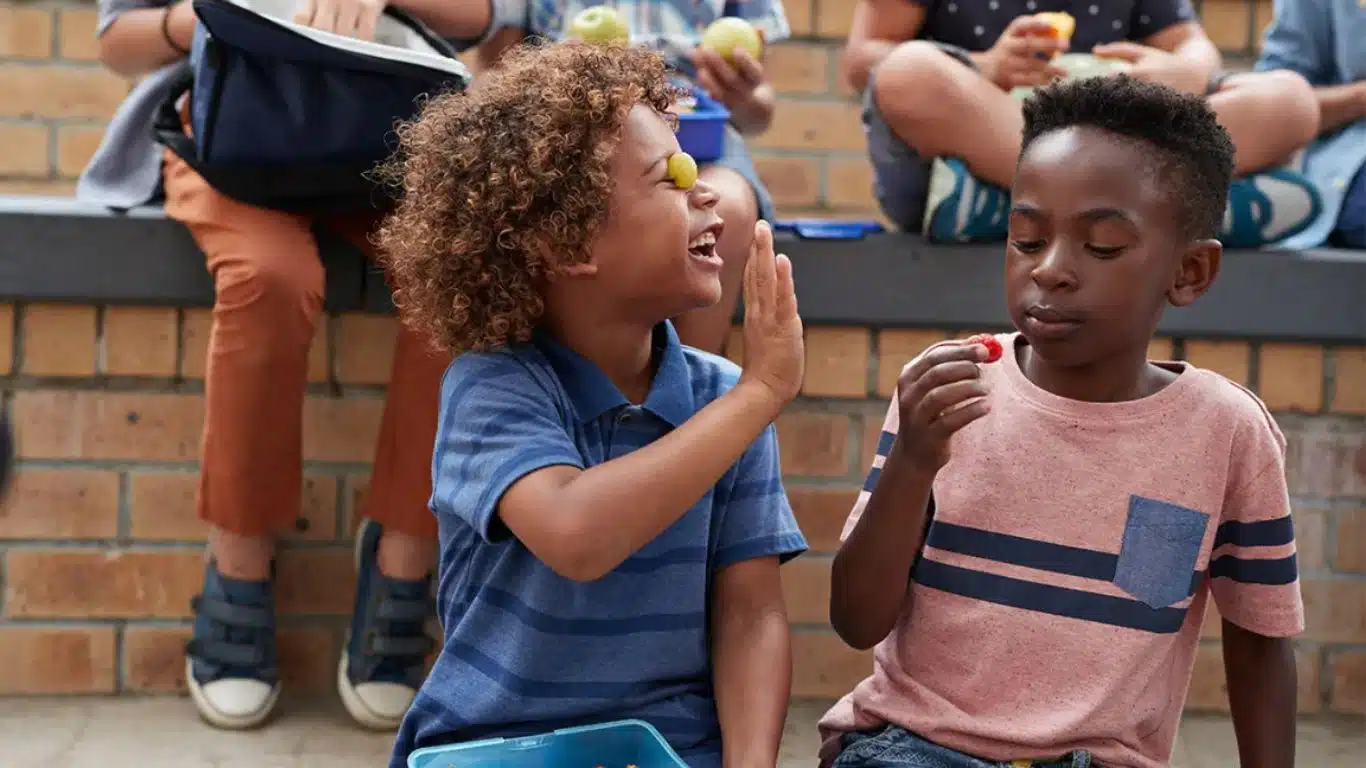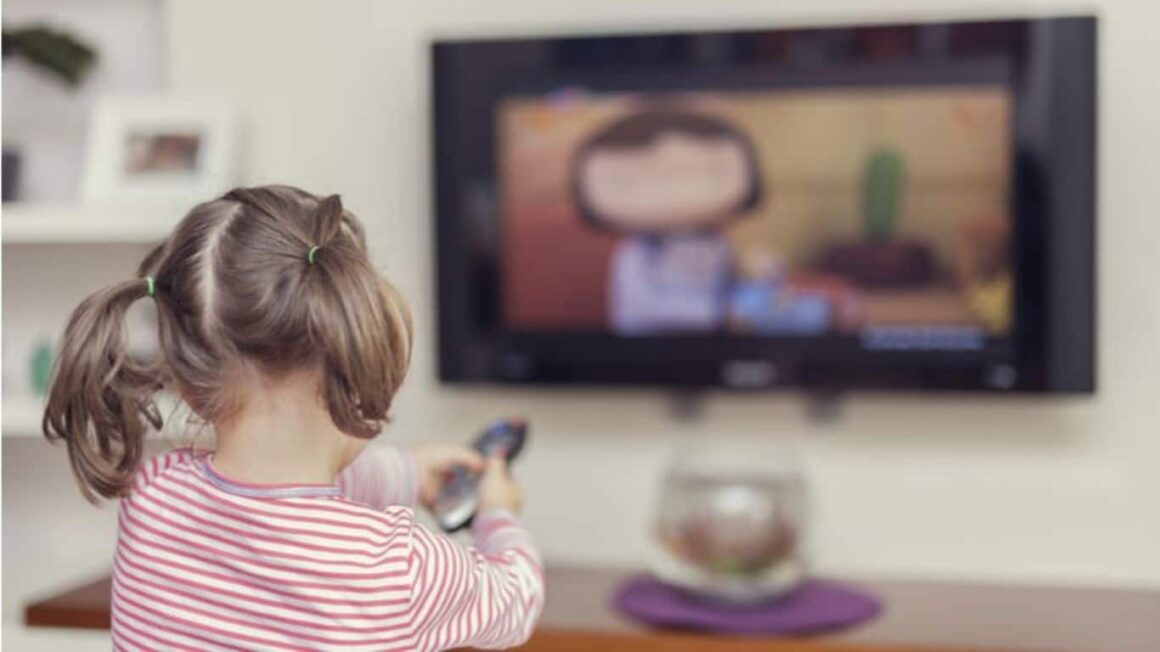- We’ll examine how movies impact children’s worldview, behavior, emotions, and morality.
- However, the influence of movies isn’t always positive.
- Movies can have numerous positive effects on child development.
- Secondly, movies can stimulate children’s creativity and imagination.
- The right movies can be a powerful tool in promoting positive child development.
- Movies significantly impact child development, offering cognitive growth, vocabulary enrichment, creativity stimulation,…
How Movies Affect Child Development: Movies are more than just entertainment for kids – they’re tools shaping young minds. This article dives into the powerful influence of film on child development. We’ll examine how movies impact children’s worldview, behavior, emotions, and morality. But it’s not just about the effects, positive or negative; we also highlight the crucial role of parental guidance in this digital era. Get ready to explore the captivating intersection of cinema and childhood, revealing the transformative power of the silver screen on our children.
How Movies Affect Child Development
Understanding Child Development
Child development refers to the physical, cognitive, emotional, and social growth that occurs from birth through adolescence. The process is typically divided into five stages: infancy, toddlerhood, early childhood, middle childhood, and adolescence. Each stage is marked by distinct milestones and capabilities. For instance, early childhood is a critical period for language acquisition and motor skills development, while adolescence sees significant changes in social and emotional understanding.

Various factors contribute to a child’s development, including genetic makeup, environment, education, and socio-cultural influences. Media exposure, including movies, also plays a role in shaping a child’s worldview, attitudes, and behaviors. Given the complexity and individual variability in development, it’s crucial for caregivers and educators to provide age-appropriate guidance and resources to support children’s growth and help them navigate through each developmental stage effectively.
Role of movies in modern society and its impact on children
Movies have been a cornerstone of modern society for over a century. They serve many roles, each of which contributes to the ways they influence us, particularly children, whose minds are malleable and receptive.
Storytelling: Movies are a modern evolution of an age-old tradition of storytelling. They weave narratives that evoke a range of emotions, allowing us to experience different situations and perspectives. This storytelling can shape children’s understanding of narrative structure and character development, enhancing their cognitive development and encouraging them to empathize with characters. Through engaging Stories, children learn about conflict resolution, interpersonal relationships, and various life scenarios that they might not otherwise encounter.
Culture sharing: Movies often depict diverse cultures, lifestyles, and beliefs, serving as a window to the world for children. This exposure can foster tolerance, respect, and understanding, nurturing a global perspective from an early age. It can also help children understand their own cultural backgrounds better by seeing aspects of it reflected on screen.
Education: Educational movies or segments in movies can present complex concepts in an engaging and easily digestible format. They can supplement traditional learning with visual and auditory information, aiding in memory retention. Many movies also subtly teach life lessons, values, and moral ethics, contributing to a child’s character formation.
However, the influence of movies isn’t always positive. The portrayal of violence, inappropriate content, or unrealistic expectations (like body images or materialistic lifestyles) can negatively impact children’s mental and emotional development. For instance, repeated exposure to violent scenes might desensitize children to aggression, while movies promoting unhealthy body images can foster body dissatisfaction and self-esteem issues in adolescents.
Positive Effects of Movies on Child Development

Movies can have numerous positive effects on child development. Firstly, they can significantly aid language acquisition and vocabulary expansion. By hearing dialogue, children pick up new words, phrases, and language structures. This can be especially beneficial in multilingual households or for those learning a second language. Secondly, movies can stimulate children’s creativity and imagination. The visual and auditory elements combined with engaging storytelling can inspire children to create their own Stories and characters, fostering creative thinking.
Another key benefit lies in the moral and ethical lessons that many children’s movies impart. Themes such as friendship, courage, honesty, and empathy are often woven into narratives, subtly teaching children important life values. Moreover, movies can expose children to diverse cultures and people, fostering understanding and empathy. They can introduce children to different ways of life, traditions, and societal norms, broadening their perspective and promoting inclusivity.
In some cases, movies can also serve as an educational tool, introducing children to science, history, and other academic subjects in an entertaining and engaging way. However, it’s important to note that the quality of content matters significantly. The right movies can be a powerful tool in promoting positive child development.
Negative Effects of Movies on Child Development
Movies, while a source of entertainment and education, can negatively affect child development in several ways. Firstly, exposure to inappropriate content, such as violence, adult themes, or harmful stereotypes, can prematurely expose children to complexities they’re not emotionally equipped to understand. This may lead to confusion, fear, or the normalization of harmful behaviors.
Secondly, movies often portray unrealistic body images and lifestyles, creating false expectations and potentially contributing to body dissatisfaction and materialistic attitudes. The flawless beauty and effortless success often depicted in films can distort children’s perception of reality, leading to self-esteem issues and unattainable aspirations.
Moreover, excessive screen time encourages passivity, potentially affecting a child’s physical health by discouraging active play, which is vital for their physical development and motor skills. It can also limit their social interactions, leading to poor social skills and potential isolation. Lastly, frequent exposure to violent content can lead to desensitization, making children less sensitive to the suffering of others and potentially encouraging aggressive behavior.
The Role of Parents and Guardians

Parents and guardians play a pivotal role in mediating the effects of movies on child development. Their guidance and supervision are integral to ensuring that movies serve as a positive influence.
Firstly, they should exercise control over the selection of movies, making sure the content is age-appropriate, educational, and aligns with their family values. It’s advisable to use resources like movie ratings and reviews to pre-assess the suitability of a film.
Secondly, parents can actively use movies as educational tools. For instance, historical or scientific movies can complement a child’s school curriculum, and films from various cultures can broaden their worldview.
Additionally, parents should encourage active engagement rather than passive consumption. This can be achieved by discussing the movie’s themes, characters, and moral lessons with their children after viewing. This promotes critical thinking and helps children differentiate between real life and the world portrayed in movies.
To counteract potential negative effects, parents should balance screen time with other activities. Encouraging physical play, creative hobbies, and social interaction helps ensure a well-rounded development. Finally, parents should model appropriate media behavior. By setting healthy boundaries around their own screen time, they can instill good habits in their children.
Conclusion
Movies significantly impact child development, offering cognitive growth, vocabulary enrichment, creativity stimulation, and fostering empathy. However, they may also induce negative effects if content is inappropriate or viewing is excessive. Risks include aggression, fear, unhealthy behaviors, and sedentary lifestyles. Therefore, parental guidance is critical in ensuring a balance between screen time and other activities, and in selecting age-appropriate content. Movies can benefit or harm child development based on their utilization, emphasizing the need for a thoughtful approach to children’s movie consumption.
Also Read: How Education Affects Income



